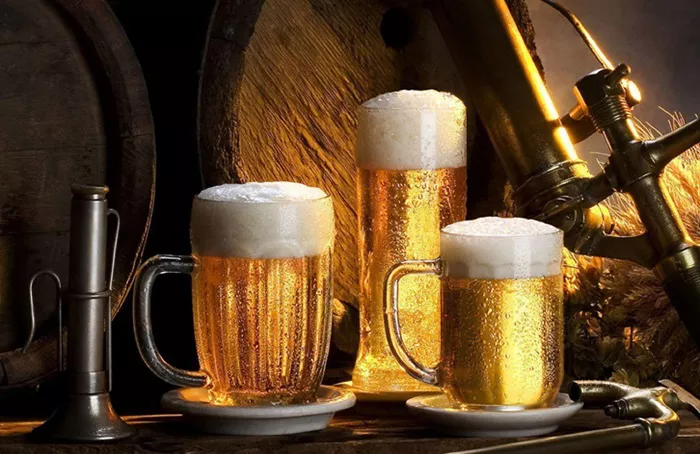Small breweries across the UK are moving away from the term “craft beer” in favor of “indie beer,” citing concerns that major corporations have misled consumers about the authenticity of certain brands. A recent YouGov survey highlighted this issue, revealing that many drinkers mistakenly believe that well-known brands, like Neck Oil—produced by Heineken-owned Beavertown—are independent, with 40% of respondents identifying it as such, despite it being owned by a multinational.
The survey also indicated that over three-quarters of participants felt misled, noting that brands like Beavertown, Camden, and Fullers are actually produced by large corporations such as Heineken, Anheuser-Busch InBev, and Asahi. This finding underscores the growing anxiety surrounding the dilution of the UK’s esteemed craft beer reputation, which flourished after tax relief initiatives for small brewers were introduced by former Prime Minister Gordon Brown.
As major corporations have acquired successful breweries, the distinction between genuine craft and commercially produced beers has blurred. Many acquired brands continue to market themselves as “craft” in pubs that often have ties to these larger corporations.
In response, the Society of Independent Brewers and Associates (Siba), which commissioned the survey, has launched a campaign aimed at educating consumers on identifying “indie” beer. “For many UK breweries, ‘independent’ is now more relevant than ‘craft,’ given the blurring of its meaning due to corporate ownership,” stated Siba CEO Andy Slee. The campaign emphasizes the communal values of indie breweries, which are seen as vital contributors to local economies.
Siba’s members are defined as British-owned entities that represent less than 1% of the UK’s beer production. The initiative will feature a mark on beer pump clips, cans, and labels, alongside a website, indiebeer.co.uk, for consumers to verify the authenticity of their beverages. The campaign has garnered support from the Campaign for Real Ale (Camra), which traditionally distinguishes cask ale from keg-dispensed craft beers.
Heineken, AB InBev, and Asahi have been contacted for comment on this issue.
You Might Be Interested In:


